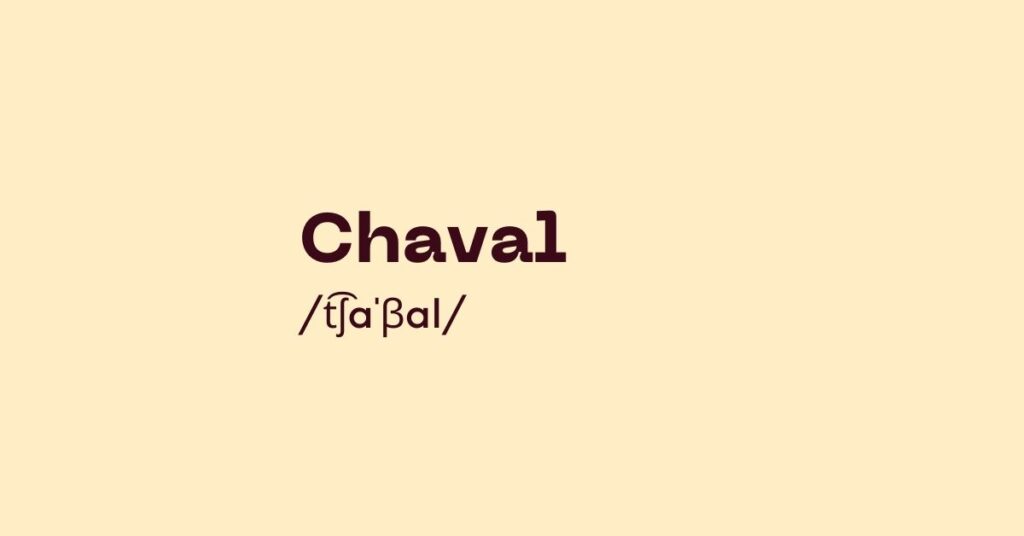Today’s Spanish word of the day is “chaval” (masculine) or “chavala” (feminine).
It’s a noun referring to a young person, in particular a teenager or person in their early twenties.
The word is common in Spain, whereas in Latin America words such as “chico” and “muchacho” are more likely to be used instead.
Example Sentences
Beginner
Here are some example sentences at beginner (A1/A2) level:
La chavala tiene un gato muy bonito.
The girl has a very pretty cat.
El chaval está feliz porque hoy es su cumpleaños.
The boy is happy because today is his birthday.
Los chavales están jugando al fútbol en el patio.
The kids are playing soccer in the courtyard.
Intermediate
Here are some example sentences at intermediate (B1/B2) level:
El chaval se mudó a otra ciudad para empezar su carrera universitaria.
The young man moved to another city to start his university career.
La chavala está comprometida con causas sociales y dedica su tiempo libre a ayudar a los demás.
The girl is committed to social causes and dedicates her free time to helping others.
Los chavales del barrio organizan partidos de fútbol todos los fines de semana.
The kids in the neighborhood organize soccer matches every weekend.
Advanced
Here are some example sentences at advanced (C1/C2) level:
El chaval mostró una madurez inusual para su edad en la forma en que manejó la situación.
The young man showed an unusual maturity for his age in the way he handled the situation.
El chaval recibió una beca para estudiar en el extranjero debido a su excelencia académica.
The young man received a scholarship to study abroad due to his academic excellence.
Es impresionante cómo aquella chavala, que solía ser una estudiante promedia, ahora dirige una empresa multinacional.
It’s impressive how that young woman, who used to be an average student, now leads a multinational company.

